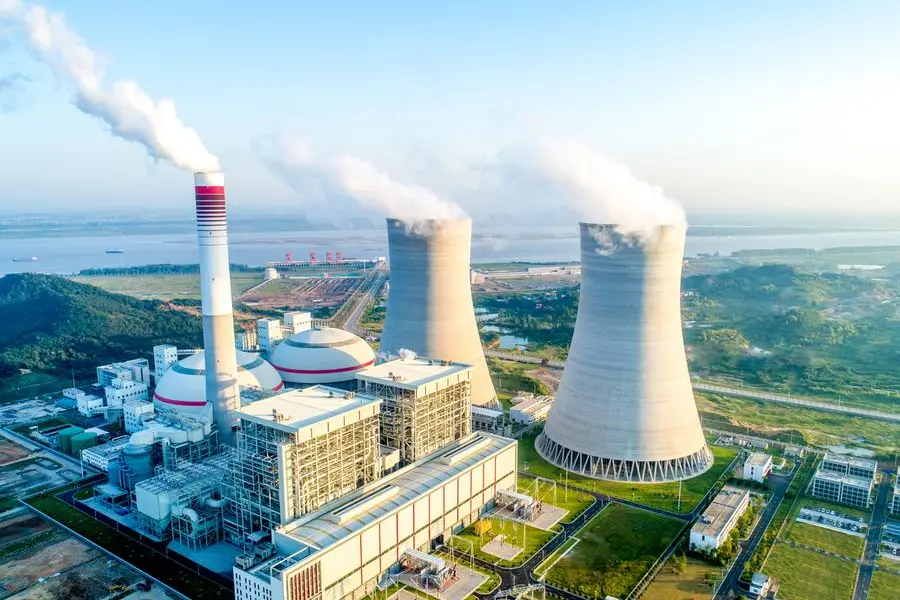PHOTO
THE benefits of a joint nuclear power centre for the Gulf have been highlighted by a researcher, who said the region’s economic ambitions necessitated a robust energy infrastructure.Bahrain University alumna Noora Al Tamimi, who specialises in environment and sustainable development studies, recently completed her Master’s degree for which she conducted a survey with more than 400 respondents, and interviews with five industry experts, environmental specialists and social researchers, among others.Her thesis entitled ‘Challenges and opportunities of establishing nuclear power plants in the GCC’, sheds light on the benefits of nuclear power, which includes reduction in electricity costs, diversification of energy supplies, less pollution and smaller carbon footprint. “Nuclear power offers a compelling solution to diversify our energy sources beyond fossil fuels,” the 31-year-old told the GDN.
“Furthermore, the region’s economic ambitions necessitate a robust and secure energy infrastructure.”Disposal of nuclear waste, high set-up and implementation costs, specialised human resource and expertise and safety concerns were some of the constraints highlighted in the survey. The GDN earlier reported that Bahrain was on track in implementing its National Energy Transition Plan, which is based on the kingdom’s commitments presented at COP26, the 26th United Nations Climate Change conference. Some of the pledges made include plans to reach net zero by cutting carbon emissions to a minimum by 2060, and other interim goals including reducing emissions by 30 per cent by 2035 through decarbonisation and other efficiency initiatives.
Harnessing nuclear power is a timely solution to achieving these goals, she said. Her thesis features recommendations based on expert interviews on a wide range of topics, including potential environmental impact of nuclear power plants, the disposal of nuclear waste in the region, the economic impact of the cost of establishing such power stations, and the benefits of joint initiatives for the GCC.“The emergence of the UAE’s Barakah nuclear plant has paved the way but each nation possesses unique considerations and understanding these lingering challenges is crucial for the GCC’s collective energy future,” Ms Al Tamimi said.“The UAE has already made progress and Saudi Arabia has sent researchers abroad.
It may not be feasible for other GCC countries to have their own individual projects, but they can collaborate, perhaps by owning shares in existing nuclear reactors in the Gulf region,” she explained, indicating the expert opinions that surfaced in her study.The Barakah Nuclear Energy Plant delivers safe, clean and reliable electricity to the UAE grid, and will provide 25 per cent of the country’s electricity needs once fully operational.Bahrain Centre for Strategic, International and Energy Studies (Derasat) research analyst Sabeka Ismaeel said the prospects of nuclear power plants in the GCC were wide. “Lately, global interest is growing on the deployment of small modular reactors (SMRs), which align more closely with the GCC’s landscape,” Ms Ismaeel said. “SMRs present a key opportunity for energy diversification in the region, and are easier to construct in terms of infrastructure and financials, however, there is still some debate on their economic feasibility worldwide. “Personally, I think that it is crucial to fully study the viability of nuclear power plants in geographically restricted areas, and on consolidating effective management techniques for nuclear waste.”melissa@gdnmedia.bh
Copyright 2022 Al Hilal Publishing and Marketing Group Provided by SyndiGate Media Inc. (Syndigate.info).





















